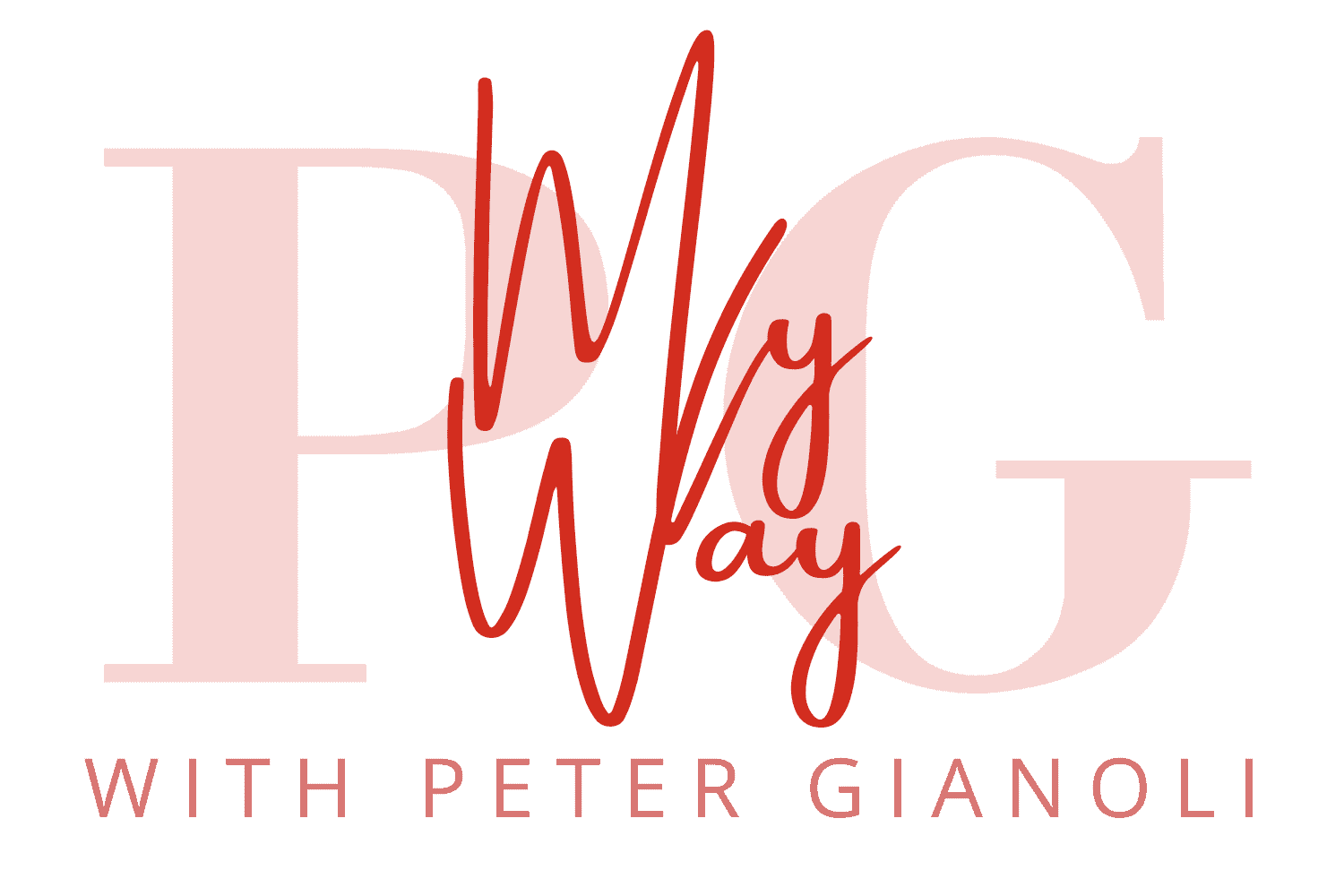Let’s talk about a story that everyone can relate to the federal government’s current marketing challenges with Covid Vaccination.
When I arrived at the venue to get my 2nd shot, there were so many people lined up to get the shot it was snaking out of the door. I thought, “Oh my loooordd! What have I done?” This will take 3 hours of my life I am not going to get back.
But, when I get to the check-in guy, they asked me, what vaccine are you here to take? AstraZeneca or Pfizer? Well, I was there for my second shot of AstraZeneca. They said, “Straight in, mate. There is no one here.” Five minutes later, done with my vaccination.
In doing so, I looked across. I saw plenty of people crammed like sheep in the Pfizer line. These people had clearly decided that vaccination is a good idea, but they were hesitant to take AstraZeneca. The vaccine that the government would like them to take.
What is that telling us?
Maybe, the government has done such a lousy marketing job of letting people know why they should get AstraZeneca. After all the millions of people who have taken it – myself included are still standing! But, people are prepared to give up three hours of their life, each time to get a vaccine because they believe that its better than the other one.
The Marketing Challenge
When a change arrives, some people embrace it. Obviously, I am one of those people. I embraced it because of my specific why. My why is, I would like to get on with my life and start travelling. I can clearly tell the people what the benefits are of me getting vaccinated.
Though, many people have chosen not to embrace the change. Some people will shun vaccination altogether. Other people are like, “yes, I am ready to get vaccinated, but not AstraZeneca.” They reckon, give me the good one which they believe is Pfizer.
But when you ask these people why they don’t want to get vaccinated or why you prefer Pfizer? These people don’t have a definitive answer. They base it on their range of feelings of discomfort towards the change in making the decision.
There will always be two different people—the one who says Yes and No.
The people who say Yes, have a clear objective that goes for it. The people who say yes are seeing and embracing what’s possible.
Many people will decline and say no because they can’t put their finger on it but something doesn’t feel right. And more often than not, their objections are diffuse. They change their story over time, sometimes within the same conversation. When one complaint is overcome, they switch to another one. They embrace mutually exclusive arguments and generally appear vague in their discomfort. The last thing you want to do with people who say no is to try to bully, badger, abuse, ridicule, push them into changing their no into a yes. The more you try and do that, the likely outcome is them resorting to anger.
The most plausible reason they are saying no or opting for Pfizer is they are quite afraid. In our society, admitting that you are scared is not that easy. It is frowned upon, so they cover that up with angry bravado. They’re scared of what change may bring, and they’re not sure they trust the innovation and the system enough to go forward. But we’ve been conditioned to avoid saying, “I’m afraid,” so if we’re uninformed and afraid, we make up objections instead. It is a simple way of hiding what’s going on.
When a person is exhibiting a non-definitive no or meandering no, it is because of their feeling. From a marketer’s perspective, all the advertisements aiming to convince people to say yes and opt for AstraZeneca is a waste of time and money.
There are definitely specific nos as well. It is from people who have considered the details and implications of new technology or cultural shift and then declined to use it.
I know people worldwide want to get back to normal, but there are only two ways to get them vaccinated.
A meandering no doesn’t turn into a yes because someone with a good idea listened carefully to every spoken objection that rationally countered it. Because the complaints aren’t real, and the naysayer isn’t listening very hard to the responses.
Instead, the culture changes when a combination of two things happens:
- Lived experiences help people learn the truth about what they’ve been resisting.
- The culture shifts, and now it’s scarier to stay still than join in with what is working.
For example, lived experiences. When they know someone who has died due to Covid, then automatically they will get the vaccine and won’t mind which one they’ll get.
The other one is the cultural shift, the rules of the government. Implementing rules telling people, “Unless you are vaccinated, things won’t open up for you”. If this happens, it is scarier to stay in the “No camp” than in the “Yes camp”.
Every time our society faces changes, whether it is the adoption of technology, new methods or new laws. It happens every time. Eventually, change occurs, but it only happens due to life experiences and cultural shifts. If these two became dominant, that’s the time change is embraced.
Stick around and watch the Covid scenario. If you are a marketer, watch closely. You will learn a lot from this experience. Great marketing is about observing, listening and better understanding people!
Now, we got this once in a generation opportunity to understand people in their living colours. See how they respond to the futile efforts and the productive efforts. Time will tell. The change will occur.
